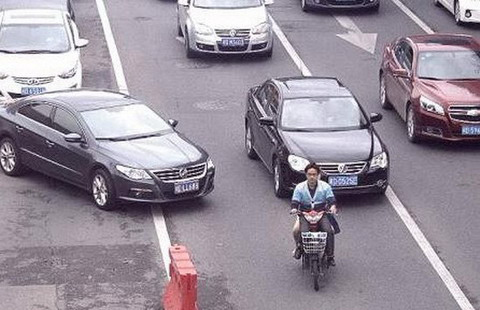Lessons from Sino-Indian border issue
By Zhou Bo (China Daily) Updated: 2014-11-26 07:40The Indian media have one obsession: the Sino-Indian border issue. From time to time, the Indian media have reported "Chinese troops crossing the border" into Indian territory. Such allegations have not only been denied by Chinese spokespersons, but in many cases brushed aside by senior Indian officials.
The reason is simple: The border that led to a war between China and India in 1962 has never been demarcated. What lies instead is the Line of Actual Control, a line not verified in terms of alignment. And without a clear idea of how the alignment really goes, patrol troops could end up entering an area perceived by the other side to be its own "territory". And tensions have flared up sometimes.
There are two ways of looking at the Sino-Indian border issue. One could easily argue that negotiations at different levels have so far failed to yield expected progress and haven't prevented, for example, quite a few eyeball-to-eyeball standoffs since the 1980s. Nevertheless, there has been no conflict since 1962. For over half a century, not a single bullet has been fired across the border.
The success in terms of crisis management comes first from an agreement between the two governments that border issue is not the be all and end all of bilateral relationship. At every summit, the border issue is discussed, but to the extent that it will not overshadow cooperation in other fields.
On the eve of President Xi Jinping's visit to India in September 2014, Indian Prime Minister Narendra Modi coined the term "Inch towards Miles" that underpins his hopes for the future of the relationship. The lessons learnt from China-Indian land border can be conducive to settling the maritime dispute between China and Japan and the disputes in the South China Sea.
First, addressing a territorial dispute can only be a top-down approach. Territorial dispute is a political issue that needs to be discussed at the top political level. Sino-Indian summits always include the border issue. The Japanese government, however, holds that there exists no dispute over the Diaoyu Islands, but says it is willing to talk. But how can people fix a problem if they don't even agree that there is a problem? This attitude of "we have no problem, but let's talk" is like putting the cart before horse.











